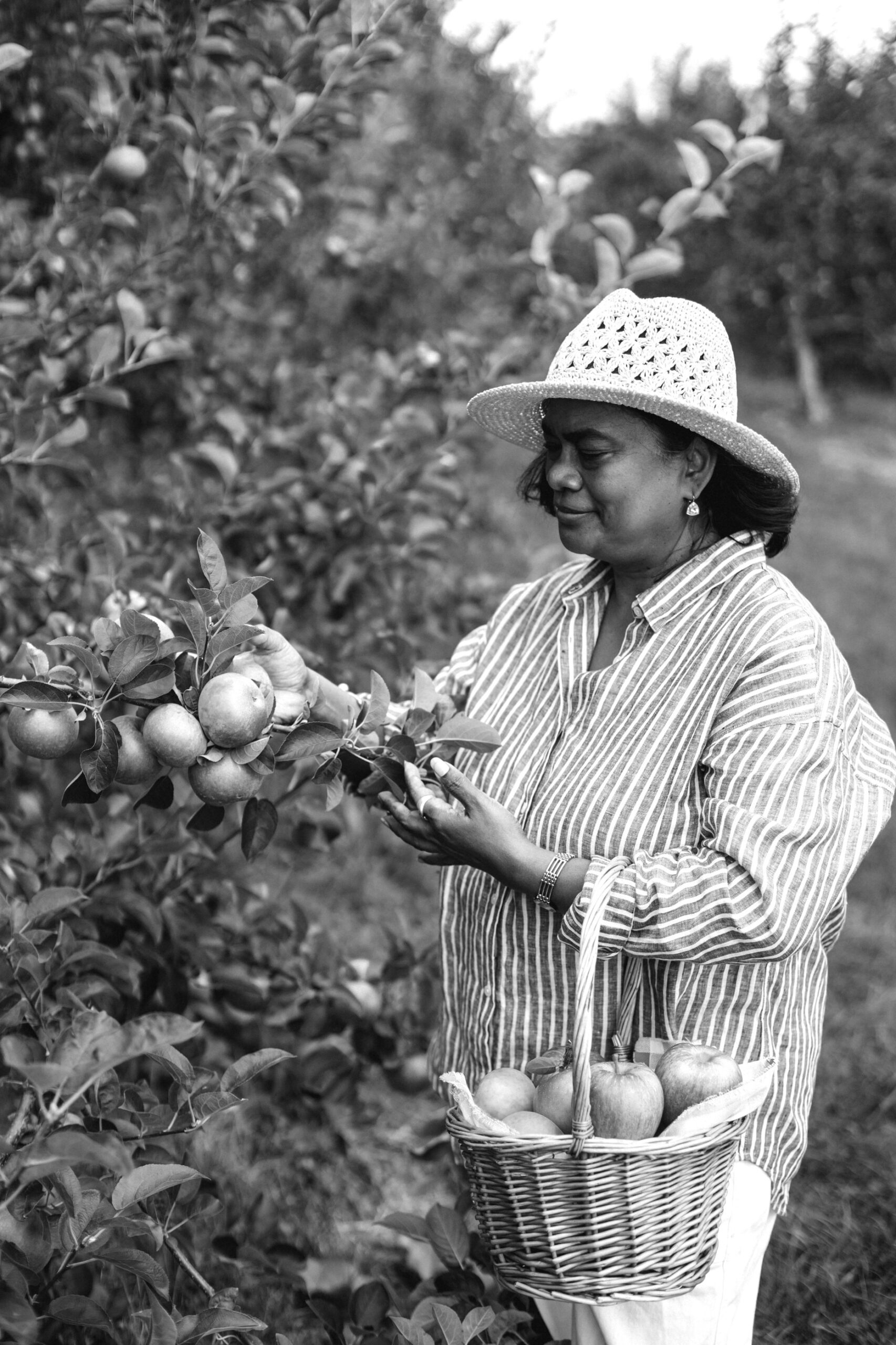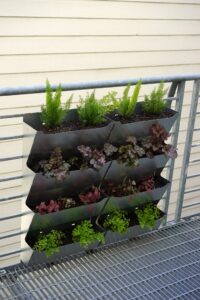Contents
- 1 Why Organic Fertilizers are a Game-Changer for Family Gardens
- 2 Top Choices for Organic Fertilizers
- 3 Maximizing Your Garden’s Potential with Organic Fertilizers
- 4 Organic Fertilizer Buying Guide: What to Look For
- 5 Spotlight on Burpee Natural Purpose Granular Organic Fertilizer
- 6 Frequently Asked Questions (FAQ)
- 7 Author
Key Takeaways
-
Organic fertilizers are essential for sustainable and healthy garden growth.
-
They improve soil health, which is crucial for plant nutrition and disease resistance.
-
Compost, animal manures, plant-based options, and mineral-based fertilizers are all organic choices.
-
It’s important to understand how to apply organic fertilizers correctly for the best results.
-
You can find high-quality organic fertilizers like Burpee Natural Purpose Granular Organic Fertilizer online.
Gardening is not just about growing plants; it’s about nurturing a thriving ecosystem right in your backyard. And the cornerstone of a lush, bountiful garden is the soil. That’s where organic fertilizers come into play. They’re not just food for plants; they’re the life force of the garden’s soil, teeming with benefits that synthetic options can’t match.
Why Organic Fertilizers are a Game-Changer for Family Gardens
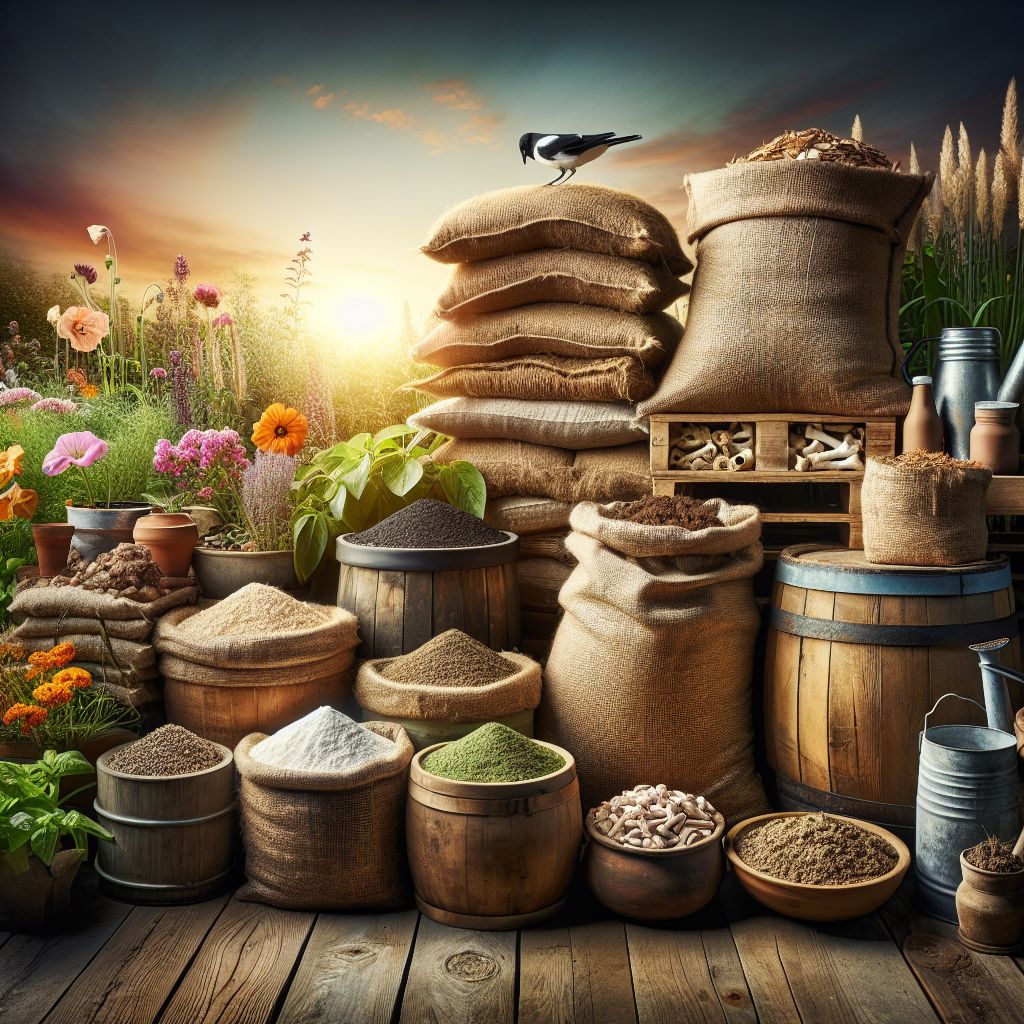
Let’s get straight to the point. Organic fertilizers are a game-changer because they feed your plants and enrich your soil with natural substances. Unlike synthetic fertilizers, they don’t just provide a quick nutrient hit to your plants; they build a healthy foundation for long-term garden vitality.
Defining Organic Fertilizers
So, what exactly are organic fertilizers? Simply put, they are made from natural materials, including plant, animal, and mineral sources. They release nutrients slowly, improve the structure of the soil, and increase the biodiversity of microorganisms within it. This natural approach ensures that your family garden is a safe, toxin-free haven for both plants and people.
Direct Comparisons to Synthetic Fertilizers
Now, you might be wondering how organic fertilizers stack up against their synthetic counterparts. Well, synthetic fertilizers are like fast food for plants—quick and convenient but not the best choice for health and longevity. They can cause nutrient run-off, polluting our waterways, and often ignore the complex needs of a living soil ecosystem.
Top Choices for Organic Fertilizers
When it comes to picking the best organic fertilizers, variety is key. Each type offers different benefits and nutrients. Let’s break down the top contenders.
Natural Composts and Their Benefits
Compost is the all-star of organic fertilizers. It’s made from decomposed organic matter like kitchen scraps and yard waste. Rich in nutrients, compost not only feeds plants but also improves soil structure, which helps retain water and nutrients.
Animal-Based Fertilizers: Pros and Cons
Animal manures, another fantastic option, are a powerhouse of nutrients. But it’s not just about piling it on. You need to use well-composted manure to avoid any pathogens. When used correctly, manures can dramatically improve soil fertility.
Plant-Based Fertilizers and Their Nutrient Profiles
Plant-based fertilizers such as alfalfa meal, cottonseed meal, and seaweed provide a diverse range of nutrients. They are often a by-product of other industries, making them a sustainable choice for your garden.
-
Alfalfa meal is high in nitrogen, which is essential for leafy growth.
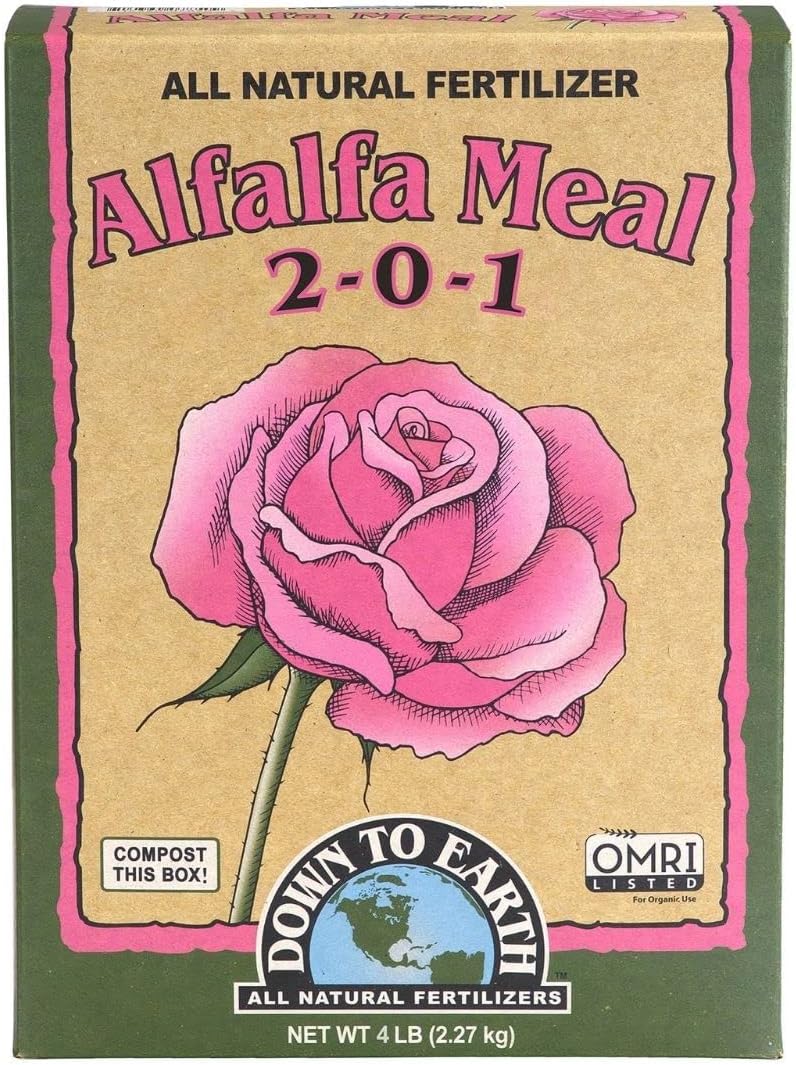
-
Cottonseed meal slowly releases nutrients and is great for acid-loving plants.
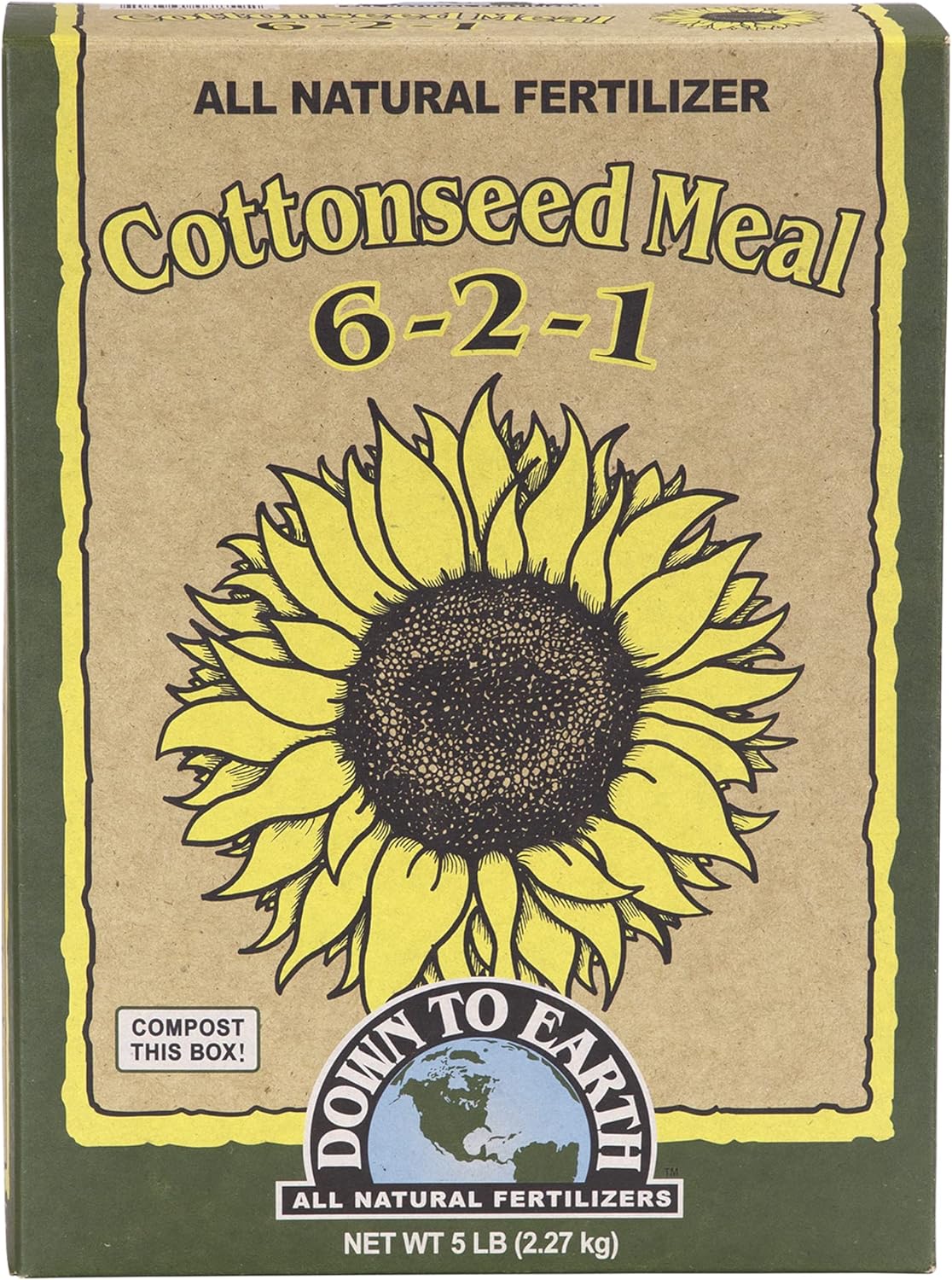
-
Seaweed contains trace elements and hormones that promote plant health.
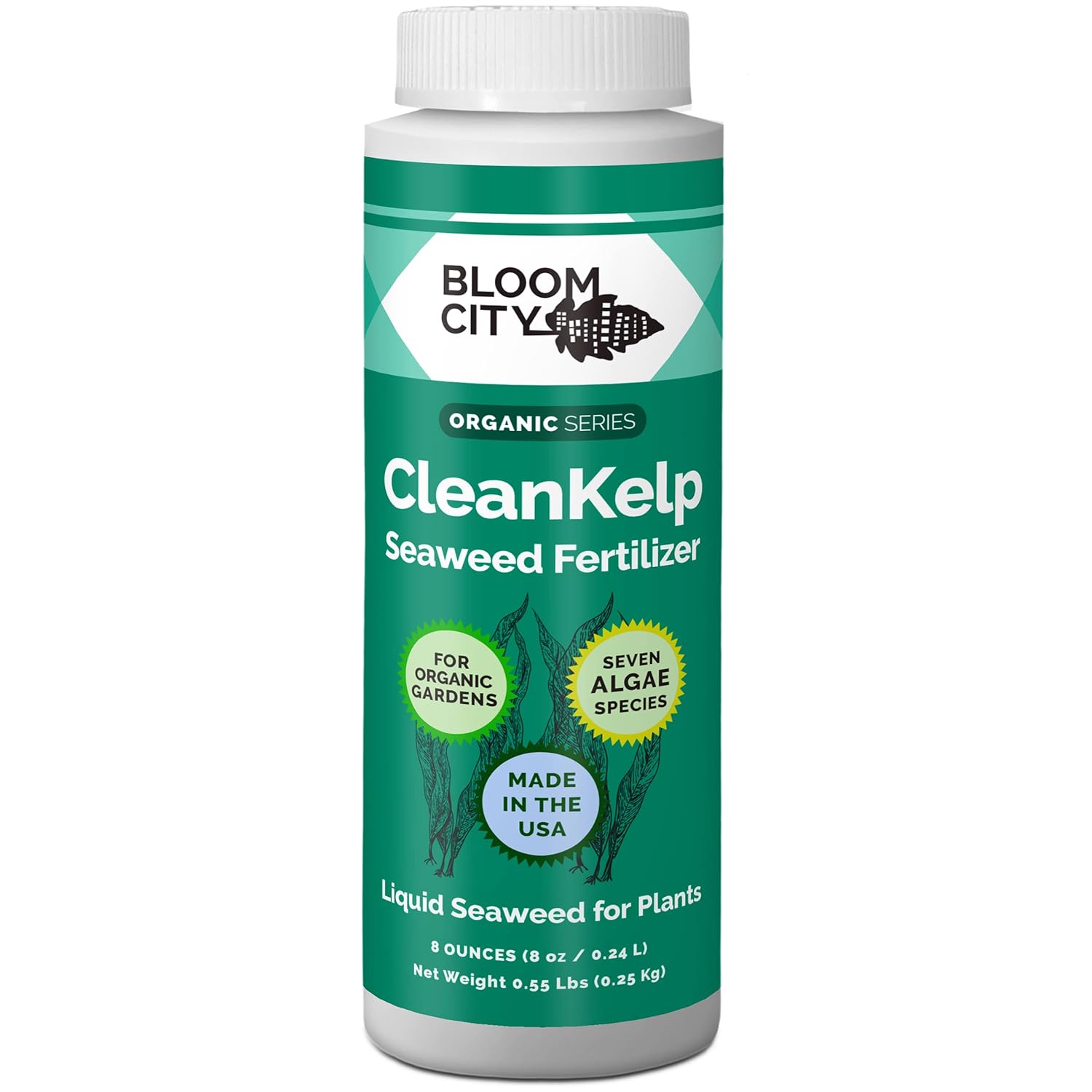
Each of these organic options plays a unique role in building a fertile, living soil that supports robust plant growth.
Mineral-Based Fertilizers: What You Need to Know
Mineral-based fertilizers, such as greensand and rock phosphate, offer a slow-release source of minerals and trace elements. These can be particularly useful when your soil test indicates a deficiency in specific nutrients.
Specialized Organic Fertilizer Blends
Besides single-ingredient options, there are specialized blends designed for different types of plants and gardens. These blends take the guesswork out of fertilization and are formulated to provide a balanced diet for your plants.
Remember, choosing the right organic fertilizer is about understanding what your soil and plants need. That’s why it’s crucial to start with a soil test. It tells you what’s missing and helps you select the best fertilizer to replenish your garden.
Maximizing Your Garden’s Potential with Organic Fertilizers
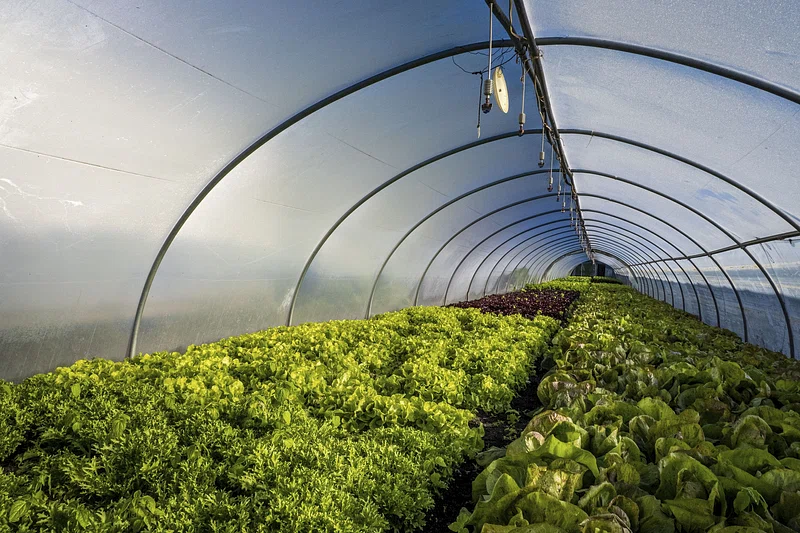
“Organic Gardening” from www.nicheagriculture.com and used with no modifications.
Using organic fertilizers is not just about choosing the right product; it’s also about applying it effectively. Here’s how you can maximize your garden’s potential with organic fertilizers.
Application Techniques for Optimal Growth
Application techniques can make a world of difference. For example, broadcasting granular fertilizers over the soil surface and then working them into the top few inches of soil can help. Alternatively, making a liquid fertilizer from compost or manure and using it as a foliar feed or soil drench can provide nutrients directly to the roots or leaves for quick uptake.
Seasonal Fertilization Strategies
Understanding the growing season is crucial. Spring is often the best time to apply fertilizer to support vigorous growth. However, for perennials, a gentle feed in the fall can help them store nutrients for the winter and ensure a robust start in the spring. Always follow the guidelines on the fertilizer packaging for the best results.
Moreover, you can use mulching with organic matter such as straw or leaf mold to provide a slow-release source of nutrients while also conserving moisture and suppressing weeds.
Understanding Soil pH and Fertilizer Interactions
The effectiveness of organic fertilizers is also influenced by soil pH. For example, in highly acidic soils, certain nutrients become less available to plants. By using organic fertilizers like dolomite lime, you can correct the pH and improve nutrient availability. A soil test kit can help you determine your soil’s pH and tailor your fertilization strategy accordingly.
Organic Fertilizer Buying Guide: What to Look For
When shopping for organic fertilizers, it’s important to look for quality and effectiveness. Here’s what you should consider:
Assessing Quality and Effectiveness
First, check for certifications such as the Organic Materials Review Institute (OMRI) label, which ensures the product meets organic standards. Also, look for a balanced N-P-K ratio that suits your garden’s needs, and consider the source of the ingredients to ensure they align with your environmental values.
Where to Purchase Top-Quality Organic Fertilizers
High-quality organic fertilizers are widely available at garden centers, farm supply stores, and online. One popular option is the Burpee Natural Purpose Granular Organic Fertilizer, which can be easily purchased online.
Spotlight on Burpee Natural Purpose Granular Organic Fertilizer
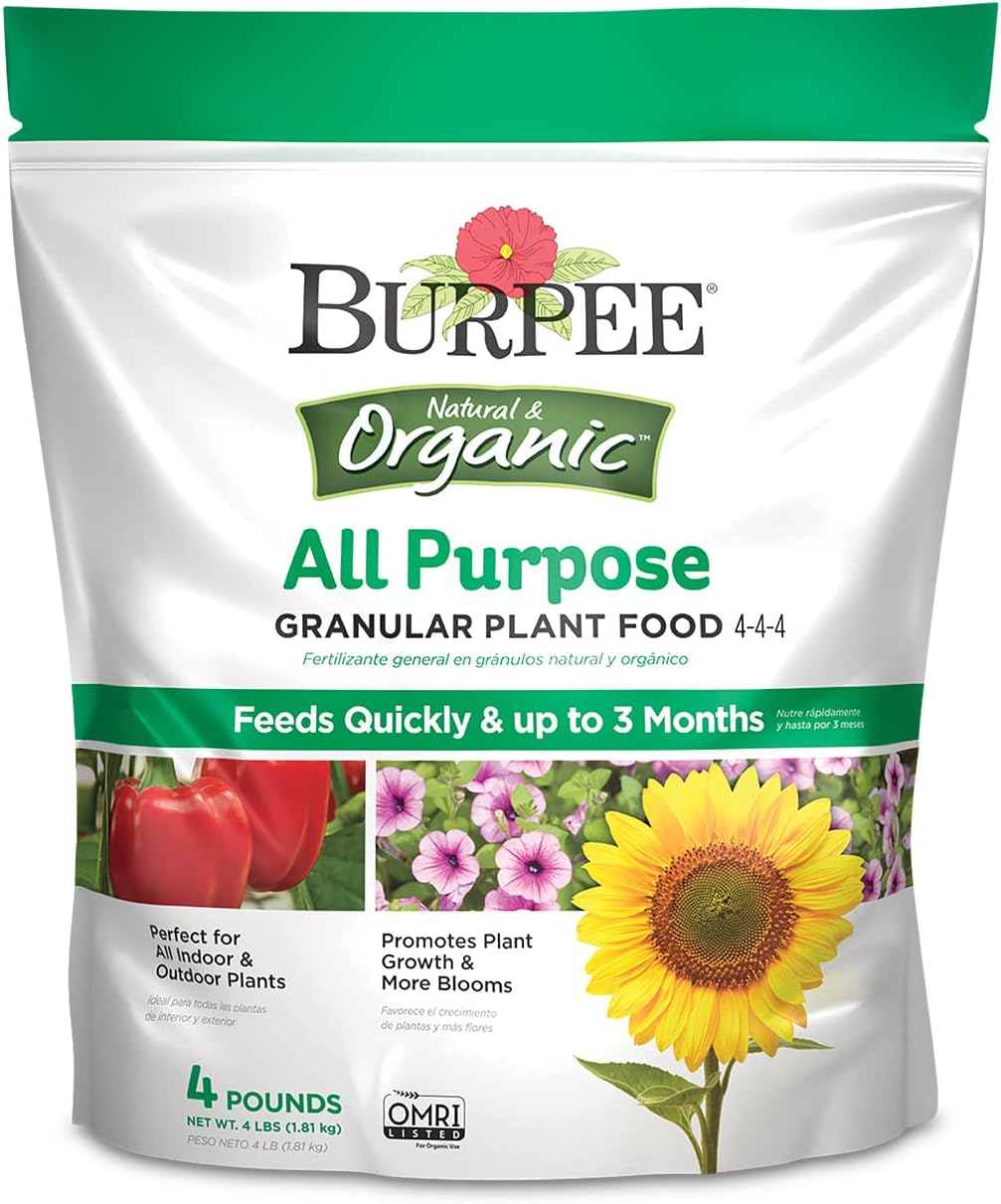
Burpee Natural Purpose Granular Organic Fertilizer is an excellent choice for gardeners seeking an eco-conscious fertilizer. It’s known for its balanced blend of nutrients, which are ideal for vegetables, flowers, and herbs.
An Eco-Conscious Choice for Your Garden
This fertilizer is not only effective but also sustainable. It’s made from renewable resources, ensuring that your gardening practices are in harmony with the environment.
Most importantly, the benefits of choosing Burpee for your family garden are clear:
-
It provides a slow, steady release of nutrients, mimicking the natural nutrient uptake of plants.
-
It’s safe for use around children and pets, making it an excellent choice for family gardens.
-
It enhances soil health, promoting a thriving ecosystem beneath your feet.
Get your Burpee Organic Fertilizer here and take a step towards a more sustainable gardening practice.
Maintaining a healthy garden ecosystem goes beyond just applying fertilizers; it’s about creating a balance. One of the key components to achieving this is through watering practices that are both efficient and sustainable.
Sustainable Watering Practices
Water is a precious resource, and using it wisely in the garden is essential. Sustainable watering practices include using drip irrigation systems to minimize evaporation and runoff, collecting rainwater for garden use, and choosing drought-resistant plant varieties. Additionally, watering during the cooler parts of the day, typically early morning or late evening, can reduce water loss due to evaporation.
When you combine these watering techniques with the use of organic fertilizers, you create a synergistic effect. The organic matter in these fertilizers helps to improve soil structure and increase its water-holding capacity. This means that water is retained in the soil for longer, providing your plants with a consistent moisture level and reducing the need for frequent watering.
By adopting these methods, you not only conserve water but also create a more resilient garden that can withstand the challenges of changing weather patterns.
-
Use drip irrigation to deliver water directly to the plant roots.
-
Collect rainwater in barrels to use for watering your garden.
-
Choose plants that are native to your area or are drought-resistant.
-
Water your garden in the early morning or late evening to reduce evaporation.
-
Apply organic mulch to help retain soil moisture.
Frequently Asked Questions (FAQ)

Now that we’ve covered the ins and outs of organic fertilizers and sustainable gardening practices, let’s address some common questions that gardeners have.
What Makes a Fertilizer Organic?
Organic fertilizers are derived from natural sources such as plants, animals, and minerals. To be classified as organic, a fertilizer must be free from synthetic chemicals and processed in a way that maintains the integrity of the natural nutrients.
These fertilizers not only provide essential nutrients to plants but also contribute to the overall health of the soil ecosystem. They support the beneficial microorganisms that are vital for soil fertility and plant growth.
Because they come from natural sources, organic fertilizers also tend to be more environmentally friendly, reducing the risk of chemical runoff and pollution.
How Often Should I Apply Organic Fertilizer?
The frequency of fertilizer application depends on the type of organic fertilizer you’re using and the specific needs of your plants. Generally, a good rule of thumb is to apply a balanced organic fertilizer at the beginning of the growing season and then follow up with more targeted feeding as needed throughout the season.
Can Organic Fertilizers Burn Plants Like Synthetic Ones?
Organic fertilizers are much less likely to burn plants because they release nutrients slowly over time. Unlike synthetic fertilizers, which can release a large amount of nutrients all at once, organic fertilizers provide a steady supply that aligns with the natural growth cycle of plants.
Are Organic Fertilizers Pet and Child Friendly?
One of the great benefits of organic fertilizers is that they are generally safer for pets and children than synthetic fertilizers. However, it’s still important to follow the application instructions and store fertilizers out of reach, as some ingredients, such as blood meal or bone meal, can be attractive to pets.
Always ensure that the product is properly worked into the soil and not left in piles where curious pets or children might find it. For more information on safe and sustainable gardening practices, be sure to do your research.
How Long Does It Take for Organic Fertilizer to Work?
Organic fertilizers work over time, improving the soil and providing nutrients as they break down. You might not see the immediate effect that synthetic fertilizers offer, but within a few weeks, you should notice healthier plants with stronger growth. The long-term benefits of using organic fertilizers include improved soil structure and a more sustainable garden ecosystem.
In conclusion, choosing the best organic fertilizers for your garden is about more than just feeding your plants. It’s about committing to a sustainable approach that benefits your garden, your family, and the environment. With the right knowledge and practices, you can enjoy a lush, productive garden that is a testament to the power of organic care. Remember to start with a soil test, choose the right type of organic fertilizer, and apply it effectively. And if you’re looking for a reliable, eco-friendly option, consider the Burpee Natural Purpose Granular Organic Fertilizer, available here. Happy gardening!
Organic fertilizers are key to a sustainable garden and can significantly improve the soil quality and yield of your family garden. They are derived from natural sources and are environmentally friendly, helping to reduce the chemical load on our planet. By using organic fertilizers, you can ensure that your garden is not only beautiful but also contributes to the health of your family and the planet.
